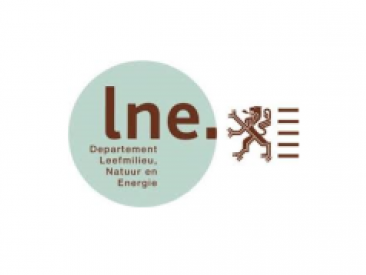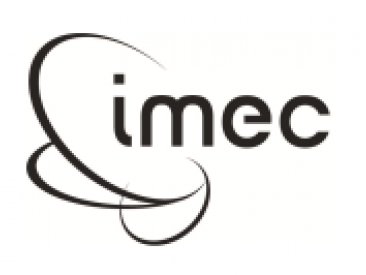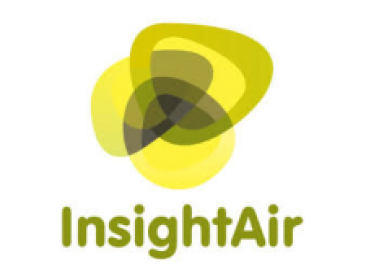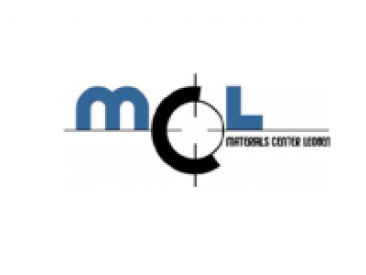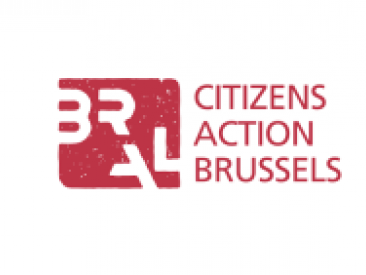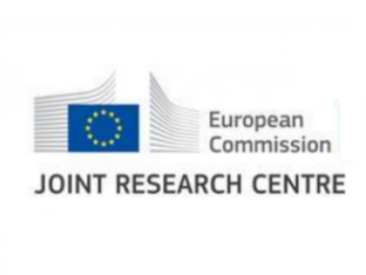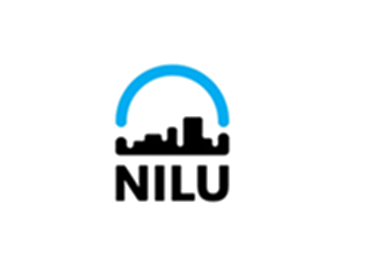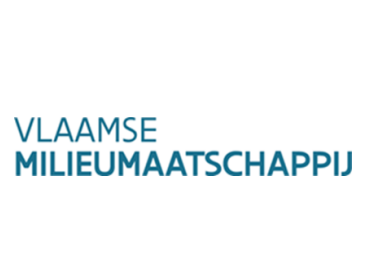The air sensor technology market is expanding as more low-cost sensors become available. The new generation of low-cost, portable air quality sensors opens an exciting opportunity for people to use this technology for a wide range of applications, many of them linked to the IOT trend of sensing everything.
VITO assists in the selection of the most suitable sensor solution for your application and provides costumer-oriented sensor validation services.
We carry out R&D projects at all scales, from bilateral projects to international research projects.
AQ-PASS
The objective of AQ-PASS (Performance Assessment of air Quality Sensor Systems), funded by DG ENV, is to support the establishment of a standard for the performance assessment of air quality sensor systems for gaseous pollutants and for particulate pollutants in ambient air. This will be done by undertaking the pre-normative work that is required before the definition of a standard by CEN.

Net4Cities
Urban areas struggle with environmental and health problems caused by transport emissions, including air and noise pollution. To address this, Net4Cities is equipping 11 European cities with advanced monitoring systems to measure pollutants such as ultrafine particles, ammonia, black carbon and noise. Building upon this data the project aims to generate actionable insights to guide the development of effective and tailored transport policies.

Benchmark Portable Sensors
During this project, we conducted an extensive lab- and field benchmarking study of 9 commercially available portable sensor systems, measuring PM, NO2 and/or BC. After an initial inventory study (literature study + market search) and sensor selection from long list (39) to shortlist (12), 9 sensor systems were ultimately selected and benchmarked in a lab test, mobile field test and a 3-month field co-location campaign. The final report can be found below.
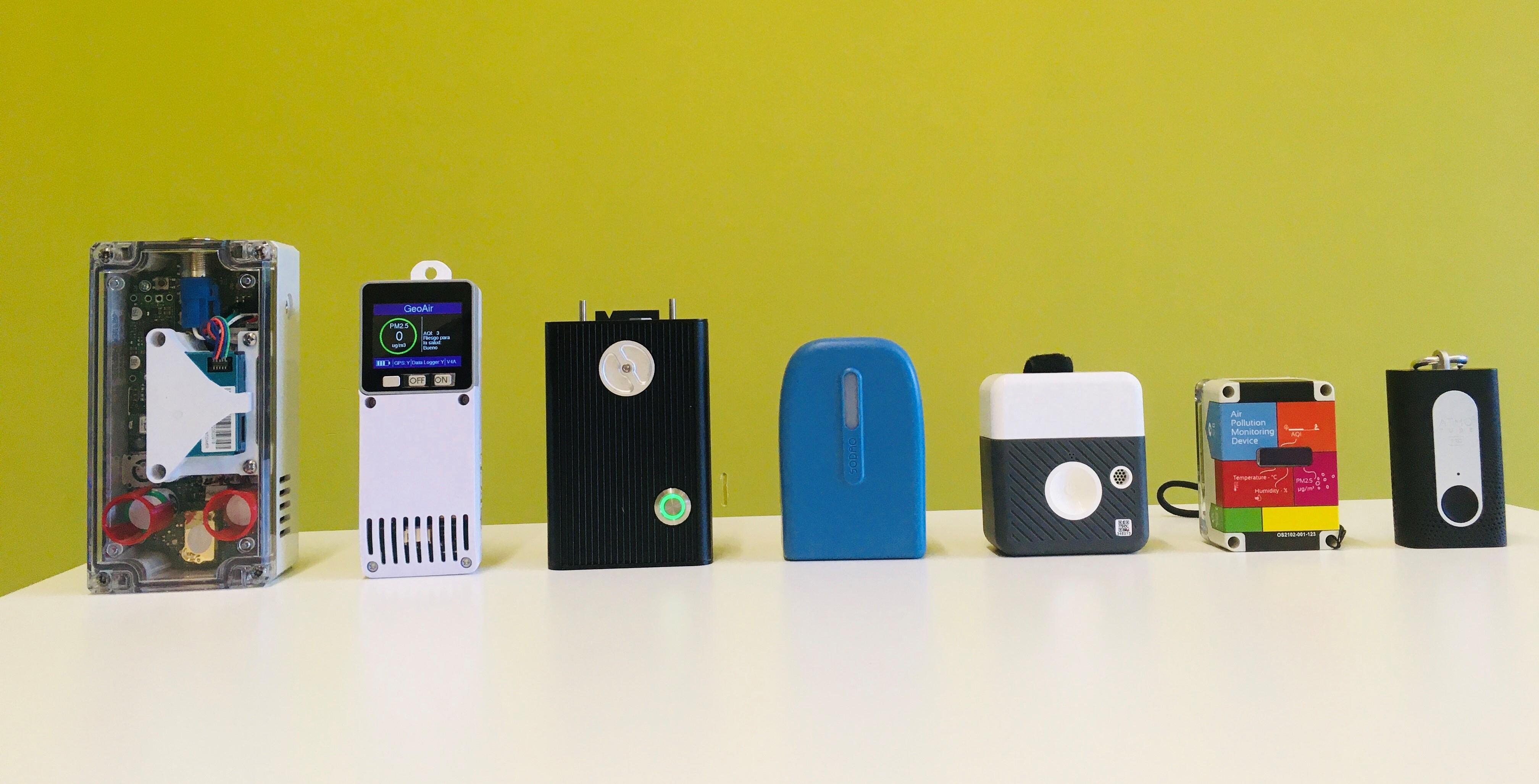
Sensor testing @ European level
The European Commission’s Joint Research Centre (JRC) carries out a research project related to air pollution measurements with sensors. Within the sensEURcity project, sensor networks will be deployed and evaluated in the cities of Antwerp (BE), Oslo (NO) and Zagreb (HR). These campaigns aim at testing the suitability of sensor systems to complement classical air monitoring stations and networks.
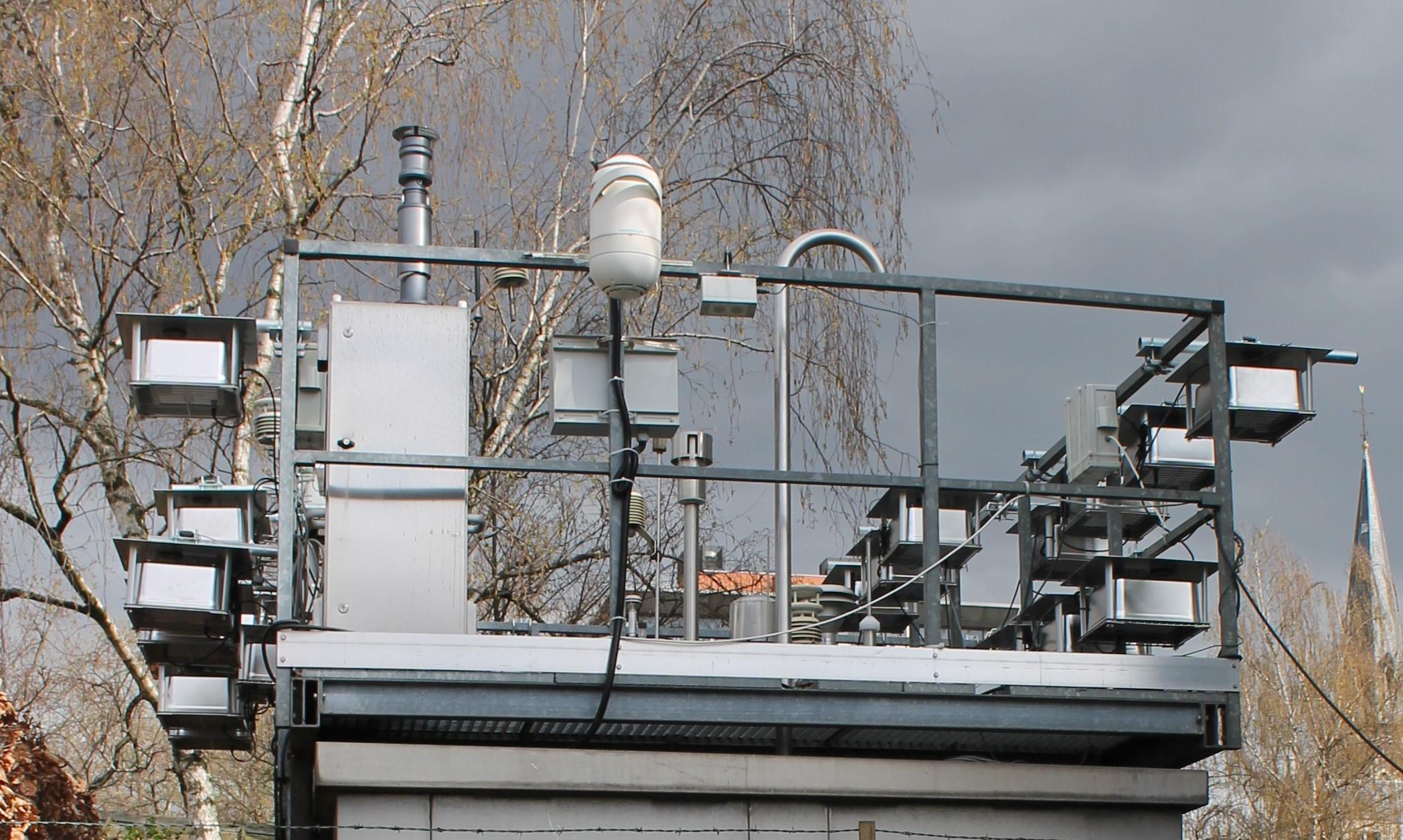
City of Things
The project was a cooperation of the municipalities Kampenhout, Sint-Niklaas, Schoten, Dilbeek and Oudenaarde, and was funded through the CoT call (2018) of VLAIO.
The aim of the project was to acquire knowledge on how to set up a scientifically sound sensor network for air quality measurements in municipalities. This includes knowledge about functional requirements of a sensor network, overview of commercially available sensors, requirements related to network, visualization and communication to citizens and a business case in which all the expected costs of a sensor network (purchase, maintenance, visualization, processing) are listed.
We also looked at how cities and municipalities can use the acquired knowledge to implement their policies (what to do with measurements? what actions to take?). Two use cases with sensor networks were rolled out in Sint-Niklaas and Kampenhout. The results were used to advice other municipalities on the technical feasibility and usability of the results from air quality sensor networks.
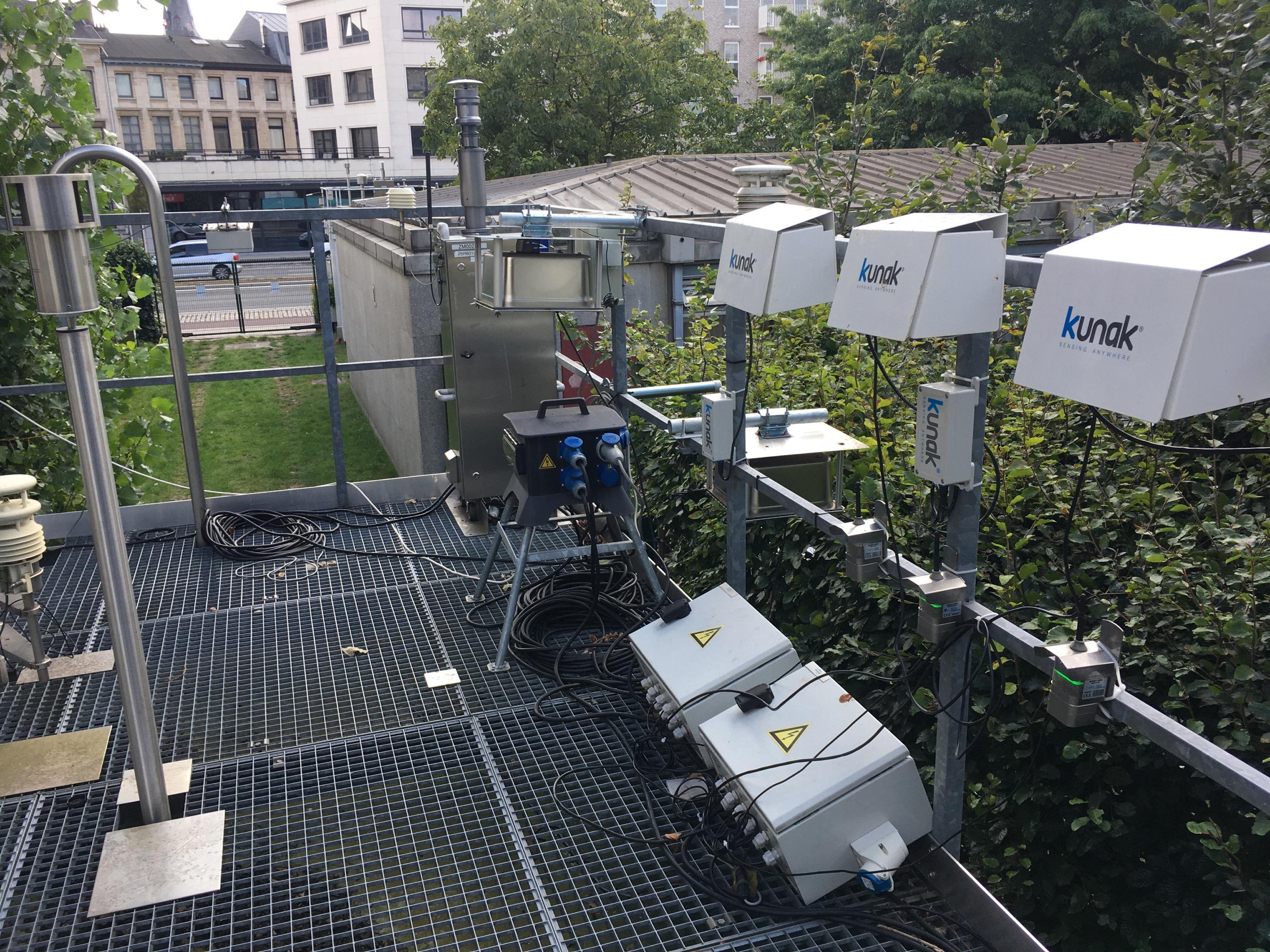
CO2 monitor
VITO developed a CO2 monitor, based on the Sensirion NDIR SCD30 sensor, that intuitively reflects the indoor CO2 concentration as green (<900 ppm), orange (900-1200 ppm) or red (>1200 ppm).
The sensors are now build by Connectum and sold by Clics. VITO stays responsible for calibration and quality control of the sensors, as each individual sensor is tested in our sensor validation lab before being sold.
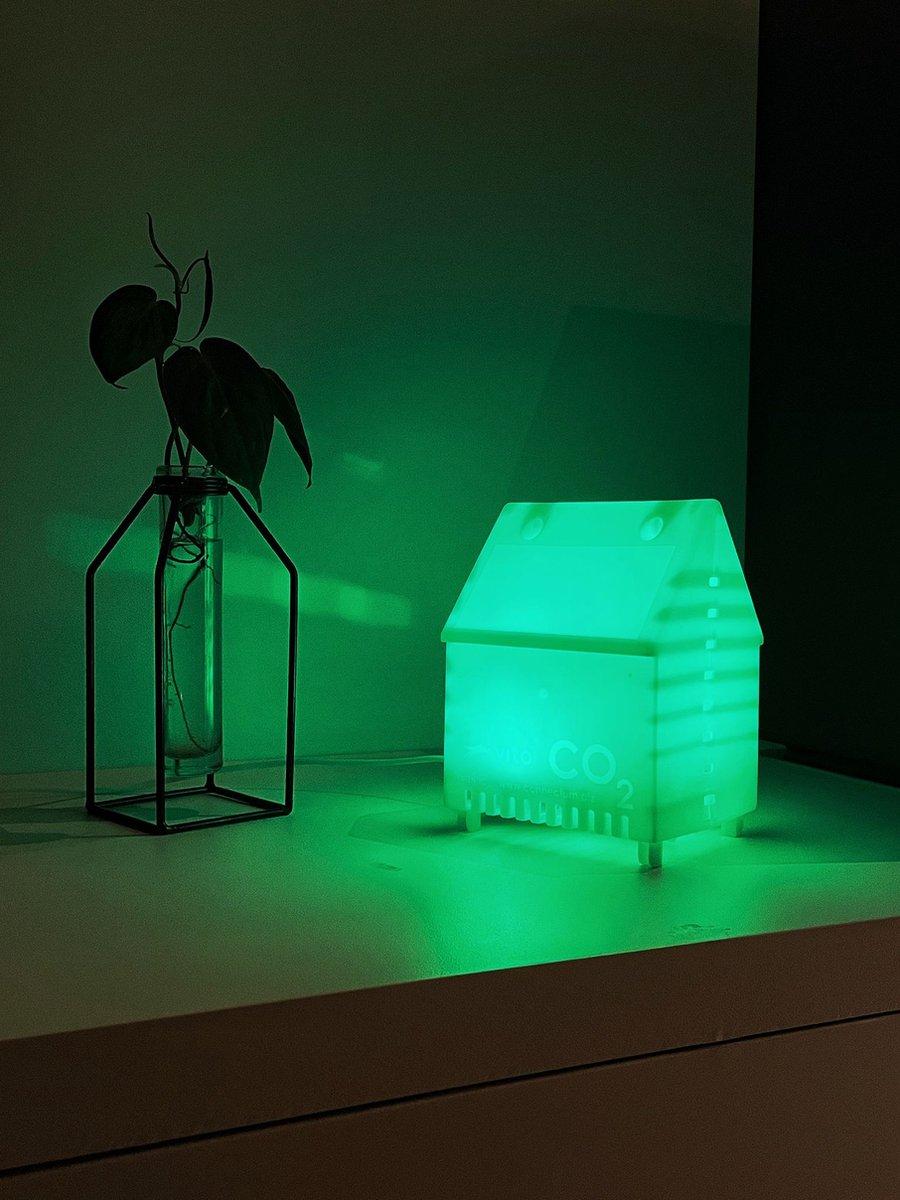
our customers or project partners
